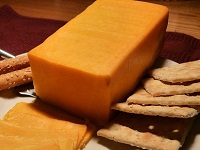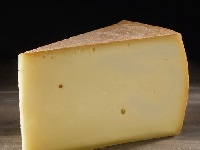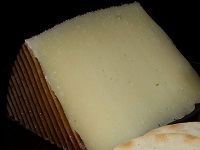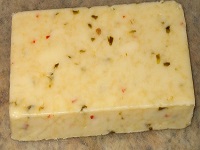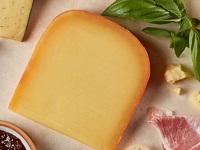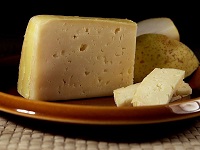Liebfraumilch (Germany)
Liebfraumilch is a semi-sweet white wine from the German wine regions Rheinhessen, Pfalz, Nahe, and Rheingau.
Liebfraumilch Flavors
Citrus, Pear, Yellow Apple, Red Apple, and Grape Juice are typical Liebfraumilch flavors, with added Honey, Spices and Floral notes.
Citrus |
Pear |
Apple |
Apricot |
Grape Juice |
Flowers |
Honey |
Spices |
Liebfraumilch Profile
Liebfraumilch is a light semi-sweet wine with residual sugar.
| SUGAR: | Off - Dry (20-40 g/l) |
| BODY: | Medium - Light |
| FRUIT: | Medium -Light |
| ACIDITY: | Medium |
| ALCOHOL: | 9-10% ABV |
| Serving temperature: 6-8°C (43-46°F) | |
Liebfraumilch Food Pairing
Liebfraumilch pairs best with Seafood light Cuisines.
Aperitif |
Sandwitch |
Seafood |
Sushi |
Fruit Salad |
Fruit |
Fruit Cake |
Soft Cheese |
Excellent Pairings
Aperitif. Cocktail.
Fruity Hors d’oeuvres. Sandwiches.
Fruity Seafood or Poultry Salads.
Onion and Potato Salads.
Honey‐baked Ham. Honey-glaced Salmon.
Quiche. Salmon Mousse.
Fruit Tart. Fruit Salads.
German Specialities
Cheese Platter with freshly sliced Apple and Pear.
The Ideal Glass for Liebfraumilch
A Tulip Shaped Glass with a slightly smaller bowl can be suitable for various dry white wines.
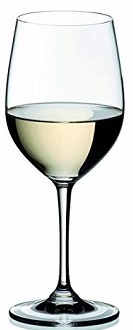
|
The glass guides the wine to the center of your mouth, avoiding the sides where acidity is less pleasant.
A smaller bowl also helps to serve smaller quantities, and keep the wine cold. It also helps if you hold the glass by the stem! |
